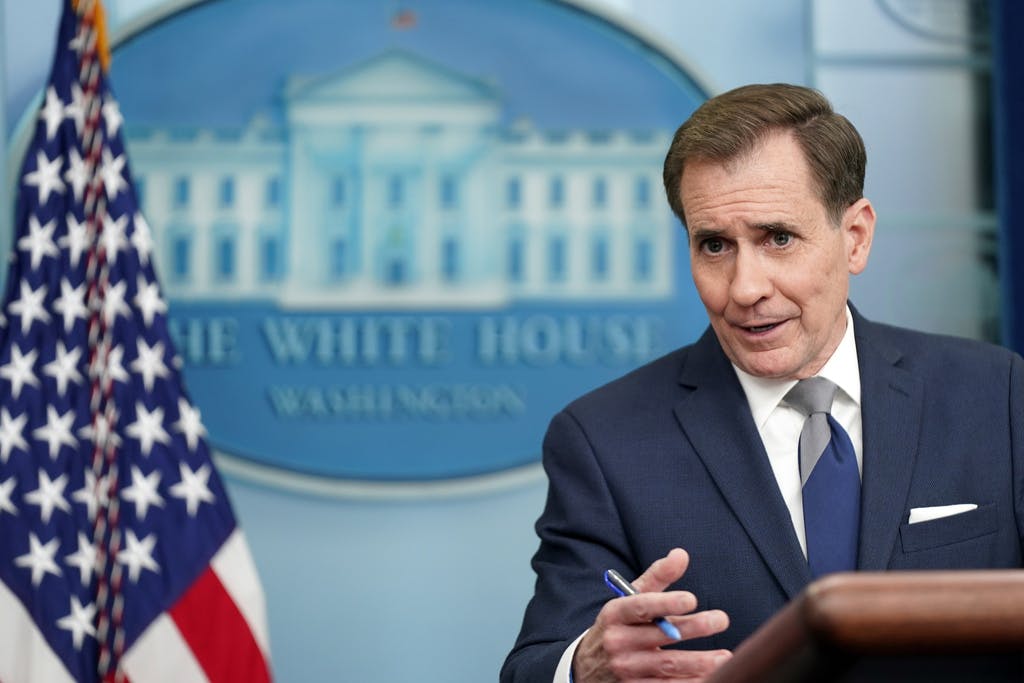
Air Travelers at Mercy of Homeland Security Department After Suspension of Two Security Screening Programs
By SHARON KEHNEMUI
|While some persist with the notion that the nuclear deal must be saved, the Islamic Republic’s tanker seizures could require a reprise of the 1987 Operation Praying Mantis, which included constant American patrols in the Gulf.

Already have a subscription? Sign in to continue reading

By SHARON KEHNEMUI
|
By NEWT GINGRICH
|
$0.01/day for 60 days
Cancel anytime
By continuing you agree to our Privacy Policy and Terms of Service.
By LENORE SKENAZY